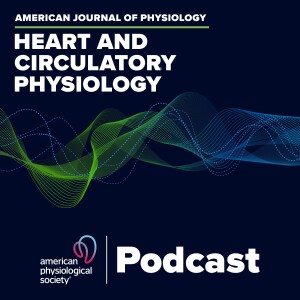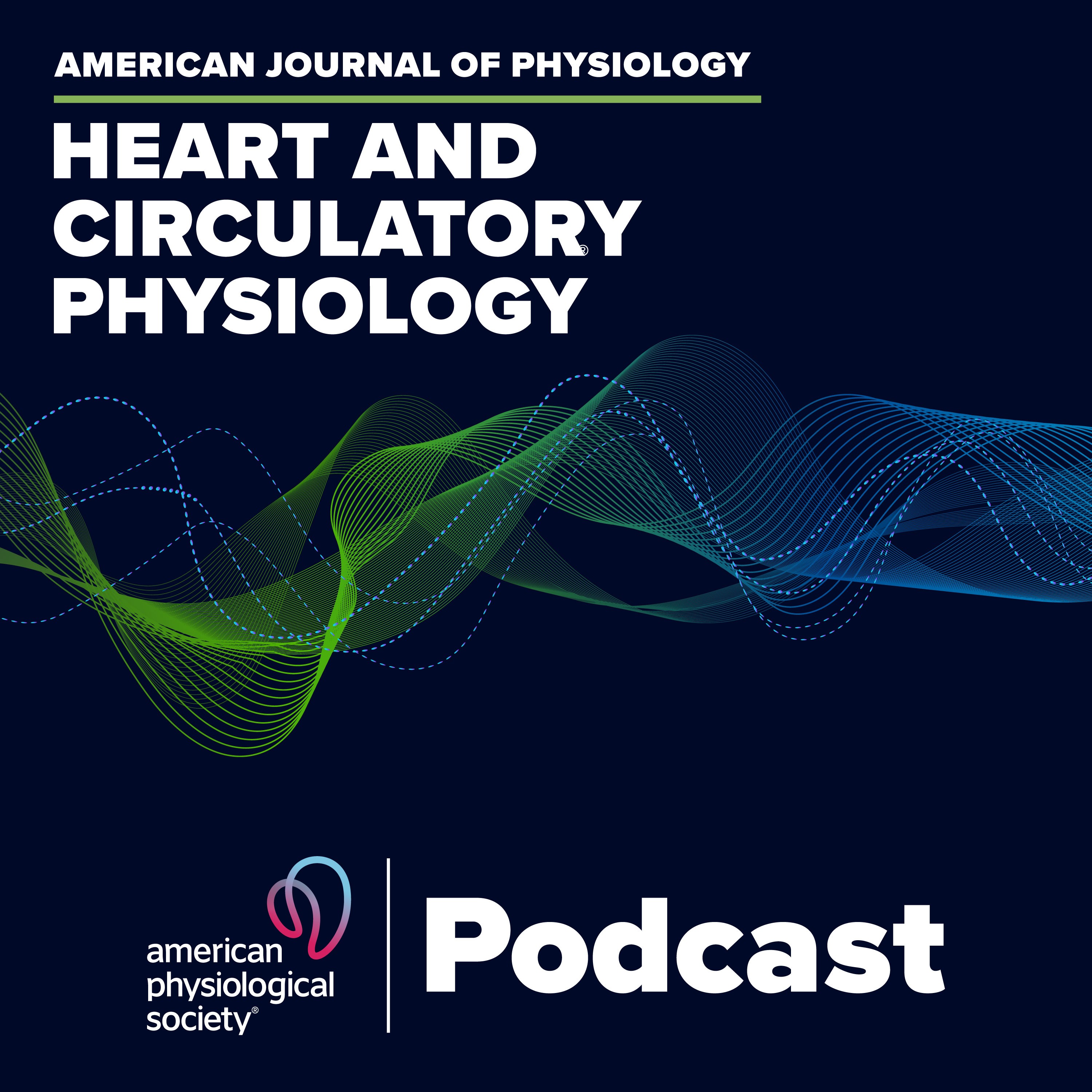Episodes

Monday Sep 27, 2021
Estradiol and Endothelin Receptors
Monday Sep 27, 2021
Monday Sep 27, 2021
Is the loss of endothelin-B receptor mediated vasodilation in women after menopause due to aging or the decline in estradiol that occurs with menopause? Associate Editor Dr. Jason Carter (Montana State University) interviews senior author Megan Wenner (University of Delaware) and content expert Lacy Alexander (Pennsylvania State University) about the work by Wenner and co-authors to isolate and study specific effects of estradiol on the regulation of the ETB receptor. Shoemaker et al. enrolled young women in their study and utilized an endogenous hormone suppression with estradiol add-back experimental design to eliminate changes related to aging and other sex hormones. Wenner and collaborators then measured microvascular endothelial function using laser Doppler flowmetry while perfusing an antagonist for the ETB receptor via intradermal microdialysis fiber, a technique pioneered by Lacy Alexander. The authors found that when estradiol is present, the ETB receptor mediates vasodilation. However, when estradiol is absent or suppressed, ETB-mediated dilation is lost. Bottom line: changes in estradiol regulate the function of this ETB receptor. What is the clinical relevance of this work for women’s health, in particular related to endometriosis, premature ovarian failure, and other pathophysiological conditions related to dysregulated sex hormones? Listen to learn more about this fascinating study and its implications on women’s overall cardiovascular health.
Leena N. Shoemaker, Katherine M. Haigh, Andrew V. Kuczmarski, Shane J. McGinty, Laura M. Welti, Joshua C. Hobson, David G. Edwards, Ronald F. Feinberg, and Megan M. Wenner ETB receptor-mediated vasodilation is regulated by estradiol in young women
Am J Physiol Heart Circ Physiol, published September 3, 2021.
DOI: 10.1152/ajpheart.00087.2021


No comments yet. Be the first to say something!